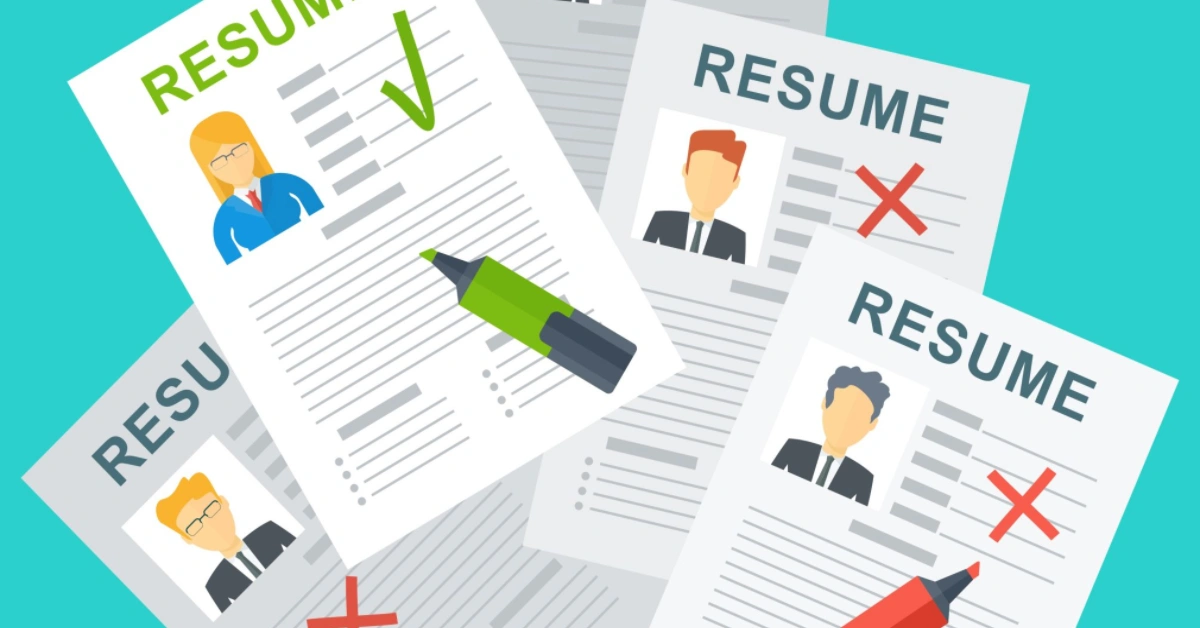Writing a resume can be challenging, especially for students who are building their first professional profile. A strong resume is essential for landing internships, scholarships in Canada, and entry-level jobs. However, many students make avoidable mistakes that weaken their applications. This guide explains the top 10 resume mistakes, the most common CV errors, the 3 F’s of resume writing, and other related job search and career pitfalls that students should avoid.
How I Scored 90+ Using the Pomodoro Technique to Win Academic Awards
1. Lack of Specifics
Resumes often fail because they are too generic. Simply listing responsibilities without specific achievements makes your application blend in. For example, instead of writing “Worked on a project,” specify “Led a team of three to develop a marketing campaign that increased student club participation by 40%.”
2. One-Size-Fits-All Approach
Students sometimes create one resume and use it for every job or scholarship application. Hiring managers and scholarship committees want to see tailored resumes that match their criteria. Customize your resume by highlighting relevant skills and experiences for each opportunity.
3. Highlighting Duties Instead of Accomplishments
Listing job tasks rather than achievements doesn’t demonstrate value. Instead of “Responsible for social media posts,” write “Grew social media following by 500% in six months through strategic content planning.”
4. Poor Professional Profile
A weak or missing professional summary at the top of the resume can lose attention quickly. A strong profile should summarize who you are, your academic background, and your career goals in 3–4 impactful sentences.
5. Lack of Action Verbs
Using passive or vague language makes your resume sound dull. Replace phrases like “helped with” or “was responsible for” with strong action verbs such as “led,” “managed,” “developed,” or “achieved.”
6. Using Personal Pronouns and Articles
Resumes should not include personal pronouns like “I” or articles like “a” or “the.” Instead of writing “I managed a project,” simply state “Managed a project.” This keeps your resume concise and professional.
7. Omitting Important Information
Failing to include critical details such as relevant coursework, certifications, volunteer experience, or leadership roles can make you appear underqualified. List these where applicable, especially if they align with scholarships or job requirements.
8. Visually Cluttered Layout
A resume that is too busy with multiple fonts, colors, or graphics is hard to read and may not pass Applicant Tracking Systems (ATS). Stick to a clean, professional format with consistent spacing and easy-to-read headings.
9. Ignoring Chronological Order
One of the top five CV mistakes is not listing your most recent experience first. Employers and scholarship reviewers want to see your latest achievements upfront. Always arrange entries in reverse chronological order.
10. Spelling and Grammar Errors
Typos and grammatical mistakes leave a poor impression. They can make you seem careless and reduce your chances of success. Proofread carefully and consider having someone else review your resume.
UBC $80K and $100K Scholarships Explained: Full Funding, Prestige Awards, and Tuition Costs
What Are 5 Common Mistakes People Make When Creating a CV?
Five typical CV errors include:
- Not listing the most recent experience first
- Spelling and grammar errors
- Listing every single achievement instead of relevant highlights
- Only describing job role tasks without showing results
- Not reading or following provided application guidelines
What Are the 3 F’s of Resume Writing?
The 3 F’s of resume writing are:
- Function: The resume should have a clear goal tailored to the role
- Format: Organized, professional structure that’s easy to read and ATS-friendly
- Effectiveness: Shows measurable value and motivates the recruiter to schedule an interview
What is the Most Common Mistake Students Make When Job Searching?
The top six job search mistakes students make are:
- Not customizing application materials to the specific position
- Failing to proofread resumes and cover letters
- Being impatient during the job search
- Entering interviews unprepared
- Applying for unrealistic positions
- Not researching salary expectations or industry trends
What are the Biggest Mistakes College Students Make?
Five common mistakes college students should avoid are:
- Ignoring their health while managing studies and responsibilities
- Taking on too many or too few responsibilities
- Poor planning of academic and extracurricular activities
- Missing career-building opportunities such as internships or volunteer work
- Not considering life and career goals beyond college
What is the Biggest Career Mistake?
A major career mistake professionals often make is avoiding communication. Failing to seek advice, not networking, or refusing to collaborate can hinder career development. Open communication helps you learn faster, connect with mentors, and grow in your field.
Avoiding these resume and job search mistakes can significantly improve your chances of securing internships, jobs, and scholarships in Canada. By tailoring your resume, highlighting achievements, organizing information properly, and avoiding communication gaps, you can stand out to employers and scholarship committees, leading to a successful academic and professional future.

